 | Slave trade - 1805 - 378 pages
...lent. What coward councils would your madness move ? Jove can defend. ...May we not trust in Jove ? Without a sign his sword the brave man draws, And asks no omen, but his country's cause ; But why should'st thou suspect the war's success, None fears it more, as none promotes it less ;... | |
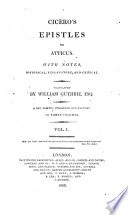 | Marcus Tullius Cicero - 1806 - 402 pages
...me these sentiments in a book written in favour of the aristocratic party, I can have no doubt that Without a sign his sword the brave man draws, And asks no omen but his country's cause2. But we will reserve these matters for our walks3 at the compitalitia. Do not forget, the day... | |
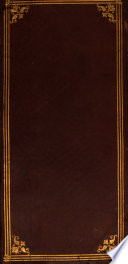 | Homerus - 1807 - 568 pages
...irrevocable nod, 275 To right, to left, unheeded take your way, While I the dictates of high heaven obey. Without a sign his sword the brave man draws, And asks no omen but his country's cause. 284 But why shouldst thou suspect the war's success? None fears it more, as none promotes it less :... | |
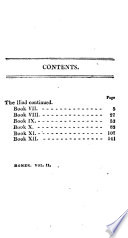 | John Bell - 1807 - 472 pages
...descend; 280 'To right, to left, unheeded take your way, ' While I the dictates of high lieav'n ohey. ' Without a sign his sword the brave man draws, ' And asks no omen but his country's cause. e But why should'st thou suspect the war's success? ' None fears it more, as none promotes it less:... | |
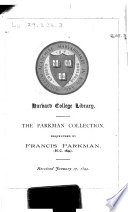 | Pliny (the Younger.) - Lawyers - 1807 - 424 pages
...inauspicious dream, to have discouraged me. Notwithstanding this, I engaged in the cause, reflecting that, Without a sign, his sword the brave man draws. And asks no omen but his country's causet — for I looked upon the promise I had given to be as sacred to me as my country, or, if that... | |
 | Pliny (the Younger.) - Authors, Latin - 1809 - 346 pages
...he most usually relates falschoods ; however, nothing hinders but he may sometimes speak truth," . Without a sign, his sword the brave man draws, And asks no omen but his country's cause* — for I looked upon the promise I had given to be as sacred to me as my country, or, if that were... | |
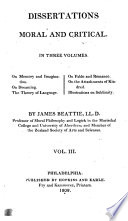 | James Beattie - 1809 - 262 pages
...country is the best of all * P;ir. Lost, briok v. " auguries:"* or, as Pope has very well expressed it, Without a sign, his sword the brave man draws, And asks no omen, but his country's cause. If we attend to all the circumstances, and reflect that both Hector and Homer believed in auguries,... | |
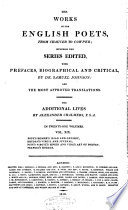 | Alexander Chalmers - English poetry - 1810 - 770 pages
...where descend ; To right, to left, unheeded take your way. While I the dictates of high Heaven obey. Without a sign his sword the brave man draws, And asks no omen but his country's cause. But why shoiildst thou suspect the war's success ? None fears it more, as none promotes it less : Though... | |
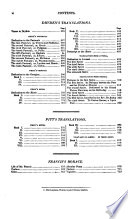 | Samuel Johnson - English poetry - 1810 - 760 pages
...Irft, unheeded take your w:iy, While I the dictates of high Heaven obey. Without a sign his s\vord the brave man draws, And asks no omen but his country's cause. But why sliouldst thou suspect the war's success f None fears it more, as none promotes it less : Though... | |
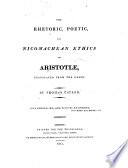 | Aristoteles - 1811 - 644 pages
...employ sentences which are generally known and common, if they are useful [for the purpose ;3 for in consequence of being common, as being acknowledged...sword the brave man draws, And asks no omen but his country'^ cause "." 1 Stesichorus signified by this enigma, that if the Locrian* behaved insolently... | |
| |